Previous Article
News
Teaching Social Work students about the Framework Decisions
As a part of its strategy to enhance the implementation and application of the Framework Decisions on the transfer of probation sanctions and the transfer of alternatives to pre-trial detention, CEP launched the idea to give special attention to European regulations in probation in the European curriculum Criminal Justice Social Work. “In this way the Framework Decisions would get a fixed place in the education of Social Work students that want to work in probation”, clarifies Ioan Durnescu, Professor at the University of Bucharest and Board member of CEP.
Criminal Justice Social Work (CJSW) is the name of a European project started on the initiative of Avans University of Applied Sciences. Nine European universities and educational institutes and four criminal justice organisations from six different countries designed a curriculum that can be used all over Europe for the education of students that want to work in probation.
As the delegate form the University of Bucharest, and as a Board Member of CEP, Ioan Durnescu holds a special place in CJSW. “The curriculum consists of several modules that treat essential topics that every probation worker should know in order to build up a career in Europe. Each module can be adapted to the needs of the national context, but the core teaching is the same in every European country. In this way, CJSW contributes both to the Europeanization of probation as to greater mobility for probation workers if they want to work in other European countries.”
In the modules that were delivered a the end of the project in 2014, the European Framework Decisions 2008/947/JHA (on the transfer of probation sanctions) and 2009/829/JHA (on transfer of alternatives to pre-trial detention.
were mentioned in one of the modules, but they were not treated extensively. “As the Framework Decisions as well as other European and international regulations will play an increasingly important role in probation in national contexts, we should integrate these in our curriculum”, says Ioan Durnescu.
Therefore CEP organised an expert meeting with the developers of the CJSW curriculum in Brussels, on 28th August. “We discussed if we could add the Framework Decisions to the existing modules”, tells Ioan Durnescu. “However, we came to the conclusion that it would better to design a special module on European and international regulations in probation, in which the EU Framework Decisions obviously take a prominent place.”
“The designing a new module is quite a job”, he continues. “It is not something that can be done next to our regular jobs. Therefore we resolved to apply for European funding to create such a module and further improve our curriculum. In fact, this could be a model to develop other new modules for CSJW, for example on Practical Skills, Practice Care, Youth Probation, Sex Offenders or Domestic Violence.”
The partners also discussed how CJSW could be expanded to other countries that were not represented in the project. “This would definitely contribute to the success of this European project. At the expert meeting the project partners committed to actively promote CJSW at universities and educational institutions abroad with which they have good contacts. In conclusion I would say that it was very good to see that all project partners are so motivated to bring CJSW forward, even though the project has finished for almost a year now. And I am sure that CEP will play an active role in the future development of CJSW.”
Click here to read the report of the CEP expert meeting Enhancing Criminal Justice Social Work by integrating EU regulations.

Related News
Keep up to date with the latest developments, stories, and updates on probation from across Europe and beyond. Find relevant news and insights shaping the field today.
New
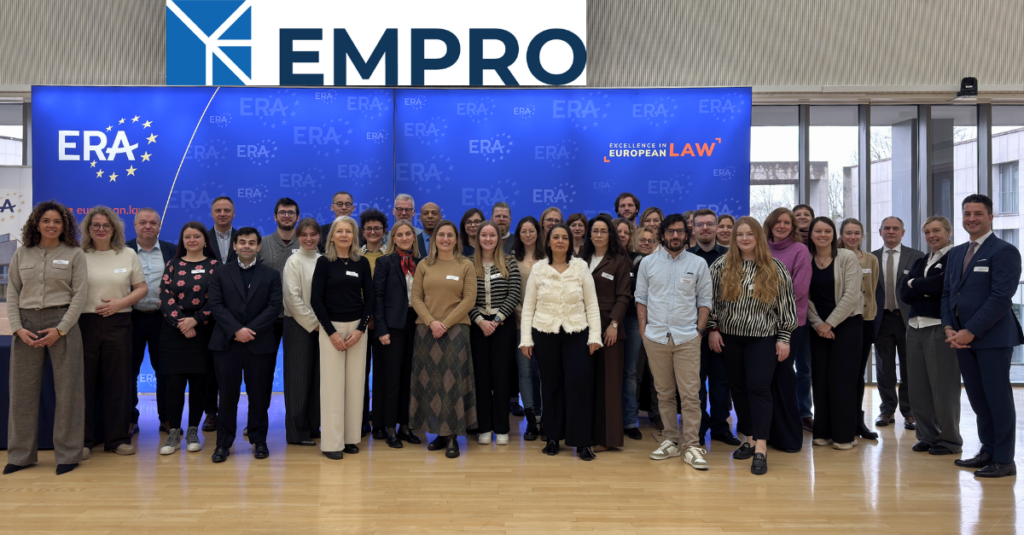
Uncategorized
CEP at the EMPRO Symposium hosted by ERA
04/02/2026
CEP actively contributed to the EMPRO Knowledge Exchange Symposium hosted by the Academy of European Law (ERA) in Trier on 28–29 January, bringing together practitioners, policymakers, and researchers to reflect on the implementation of EU Framework Decisions in probation and supervision.
New

Alternatives to pre-trial detention, Community Sanctions and Measures, Framework Decisions, Technology
Future of Criminal Justice: CEP’s Contribution to Key 2025 Dialogues
27/01/2026
Throughout 2025, CEP and its representatives actively participated in the online Technical meetings ahead of the HLF as well as the High Level Forum on Future of Criminal Justice taking place on 4-5 March 2025, 20-21 May 2025 and 1-2 October 2025 in Brussels, Belgium.
Recap
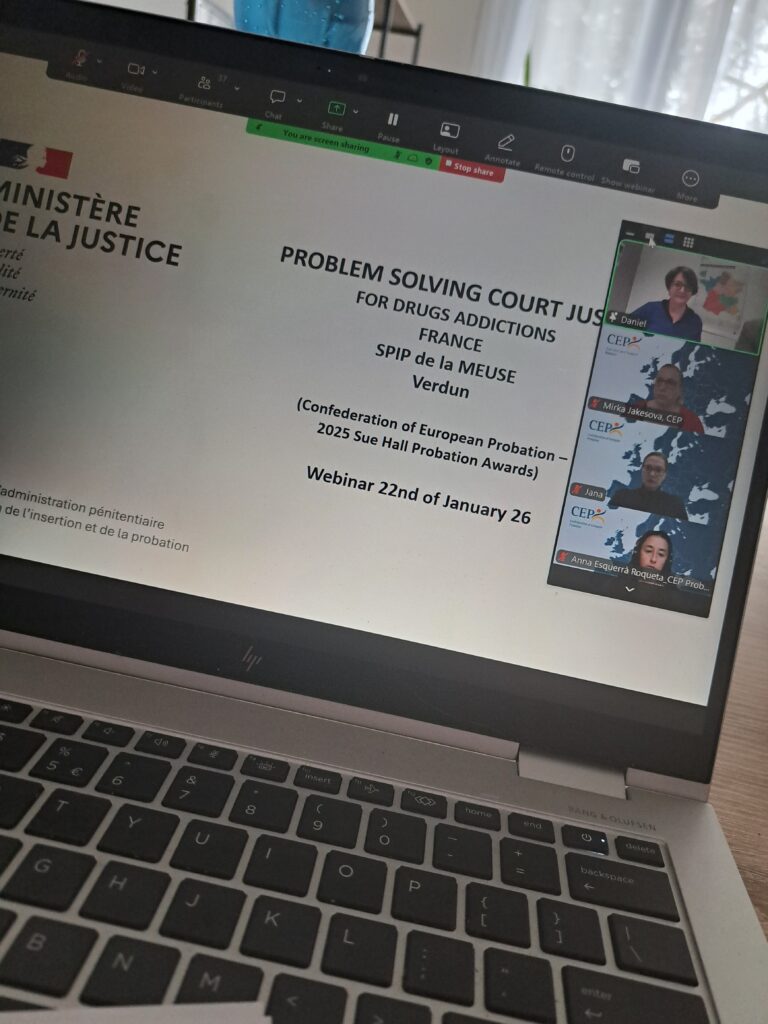
Alternatives to pre-trial detention
Recap: Webinar on Alternatives to Detention 2026
26/01/2026
On Thursday 22 January, CEP hosted the first webinar of 2025 on the topic of Alternatives to Detention. The session led by Ms. Marina Pajoni from the French Prison and Probation Service titled „Problem Solving Justice in Pracitce: The Meuse Probation Service´s Approach to Drug Addiction“ introduced an innovative programme developed by the Meuse Probation Service in close cooperation with the French Ministry of Justice.
New
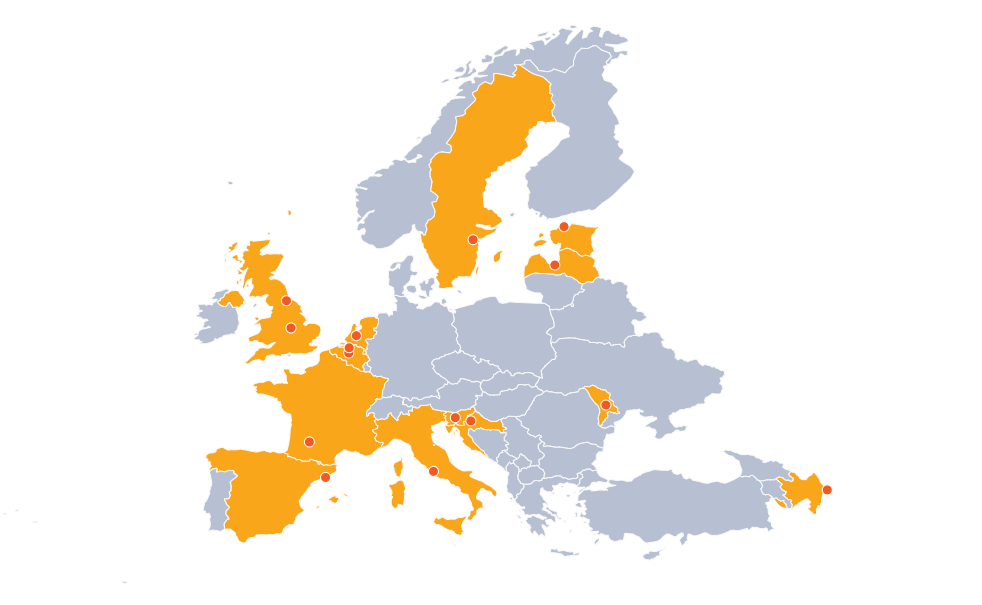
Education and Training
CEP launches an interactive European map of probation education and training institution contacts
22/01/2026
The CEP is pleased to inform its members that a new dedicated section has been developed on the CEP website featuring an interactive map of Europe.
New
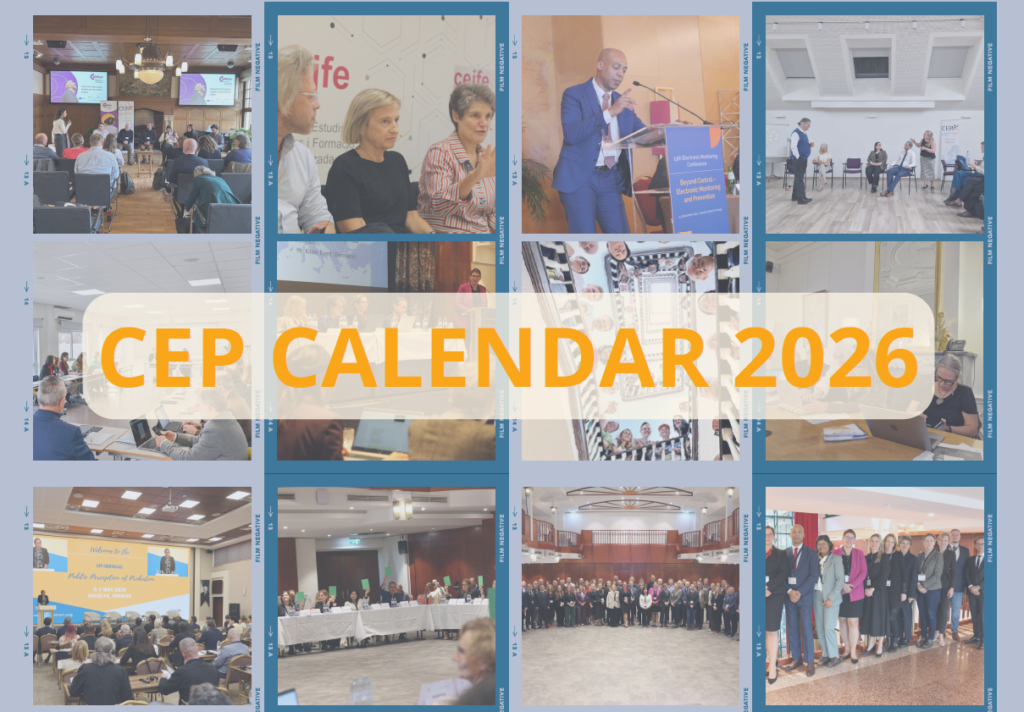
CEP Events
CEP activity calendar 2026
20/01/2026
As we begin the new year, we would like to thank all CEP members, partners, and participants for your continued engagement and valuable contributions. Your involvement plays an essential role in shaping CEP’s work and activities.
We are pleased to share the CEP calendar for 2026, which provides an overview of the events planned for the year ahead. We look forward to continuing our collaboration and welcoming you to upcoming CEP activities throughout the year.
Thank you for being part of the CEP community.
New
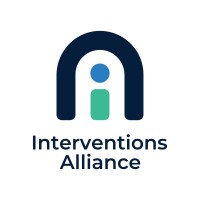
CEP members, Gender-based violence
Interventions Alliance’s Eden House Recognized as Outstanding
15/01/2026
CEP is delighted to share that Eden House, an Interventions Alliance residential service for women with high-risk or complex needs on probation, has been rated “Outstanding” overall by HM Inspectorate of Probation. In 2022, Eden House was honored with the CEP Public Protection Award. Our sincere congratulations to the team for this remarkable achievement.
Subscribe to our bi-monthly email newsletter!
"*" indicates required fields
- Keep up to date with important probation developments and insights.

